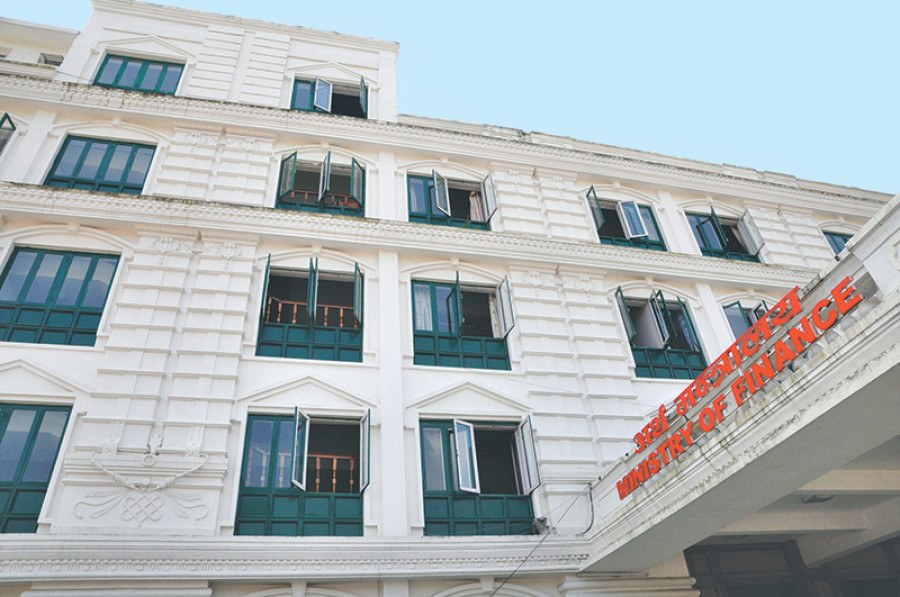National
Nepal’s budget for economic diplomacy not enough, say experts
The government has allocated just Rs 140 million for its diplomatic posts to organise programmes and events to promote investment and aid.
Anil Giri
Although Nepal faces a host of economic challenges amid the Covid-19 pandemic, the government hasn’t allocated enough resources towards attracting foreign investment, assistance and aid to the country.
The government has allocated just Rs 140 million for its diplomatic posts to organise programmes and events to promote investment and aid. The foreign ministry has told all its missions abroad to use the same fund to organise events to mark the National Day.
“Due to the pandemic, Nepal’s foreign currency earning sectors such as tourism and remittances are on a decline,” said former Vice-chair of National Planning Commission Govinda Raj Pokharel. “The only option we have left is to up our economic diplomacy to attract soft loans and grants and to sell our products abroad.”
“Rs 140 million for economic diplomacy is not enough,” Pokharel added.
According to officials, each Nepali mission abroad hardly receives Rs 1 to 2 million annually to promote economic diplomacy. Of the 39 Nepali missions abroad Nepali posts in India, China, US and UK receive over Rs 60 million annually.
“After observing the National Day, we hardly have any budget left to organise events to promote investment and trade in Nepal,” a Nepali diplomat abroad said.
Experts say that as economic diplomacy is key to Nepal’s post-Covid economic recovery plan, Nepali missions abroad will have to reach out to possible investors, and the budget allocated for them is not enough for the job.
The Ministry of Finance increased the budget allocated for economic diplomacy from Rs 100 million to 140 million after several missions complained about lack of funds to even organise two programmes annually. The Ministry of Foreign Affairs has also started releasing an additional Rs 20 million from its own budget from last year.
The Ministry of Finance, however, said it has its own reasons for being stringent on budget allocated for economic diplomacy. “Until a few years ago, several embassies failed to spend the money allocated to them or used the money for different purposes,” said a joint secretary at the ministry. “So the ministry is always against releasing substantial amounts without visible progress,” he said.
“We have a very traditional approach,” a joint secretary at the Ministry of Foreign Affairs said. “We sanction the program, release the budget and take feedback upon completion of the seminar or interaction.
But times have changed and doing just that won’t yield results, the joint secretary who spent years outside in Nepali missions said. “If Nepal needs to promote its trade, tourism, export and attract foreign aid, it needs to invest in hiring public relations firms, and reach out to investment firms,” he said. “That would require a lot of money.”.
Ashwini Kumar Pudasaini, who is doing his PhD dissertation on the status of Nepal’ economic diplomacy, criticised the government’s poor response and approach towards economic diplomacy. “Economic diplomacy is a key component of our diplomacy, and now it has become more important in post-Covid situation.”
“But the government has failed to understand its importance. It should have been ready to invest more on economic diplomacy in times of crisis like this.”




 10.12°C Kathmandu
10.12°C Kathmandu














